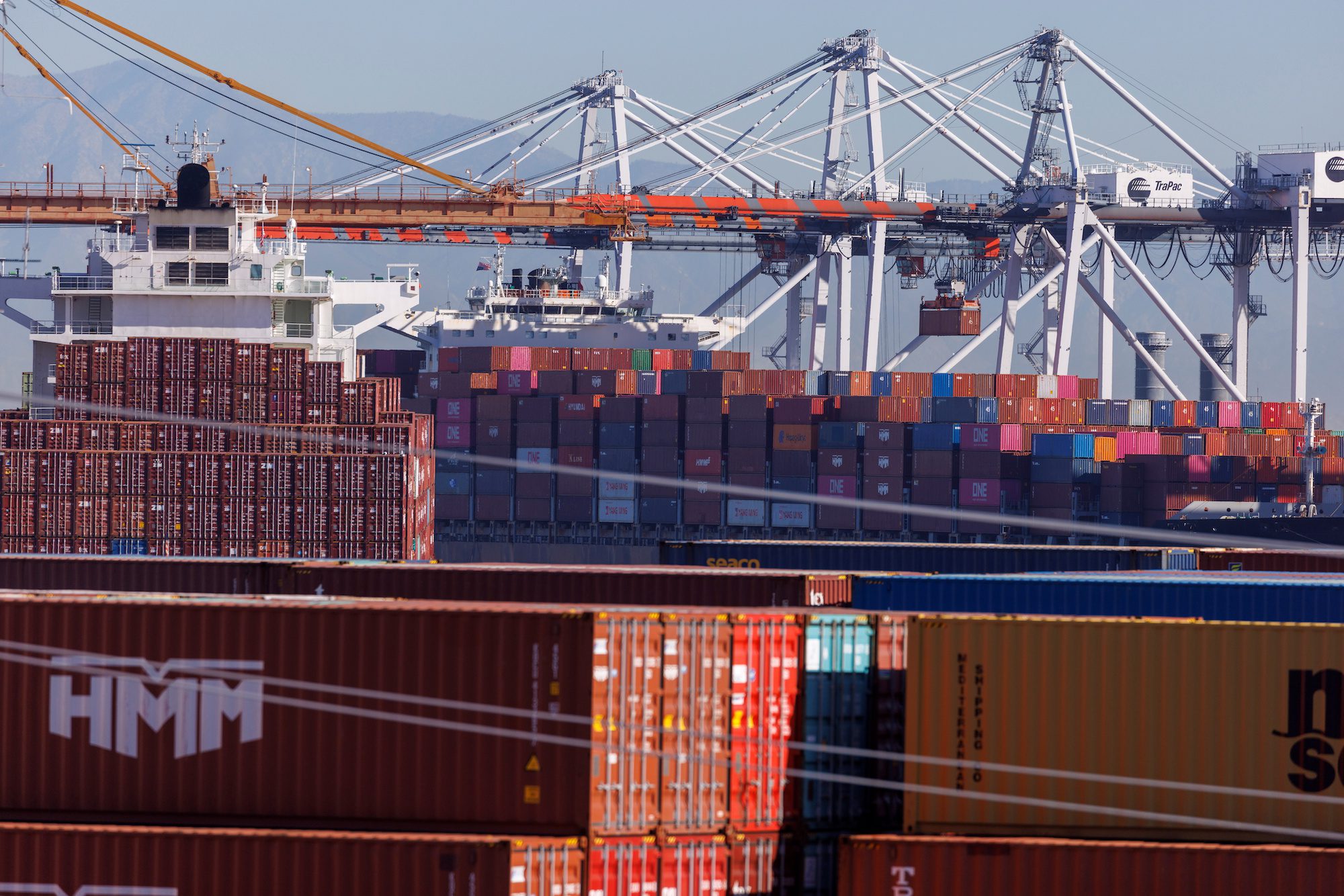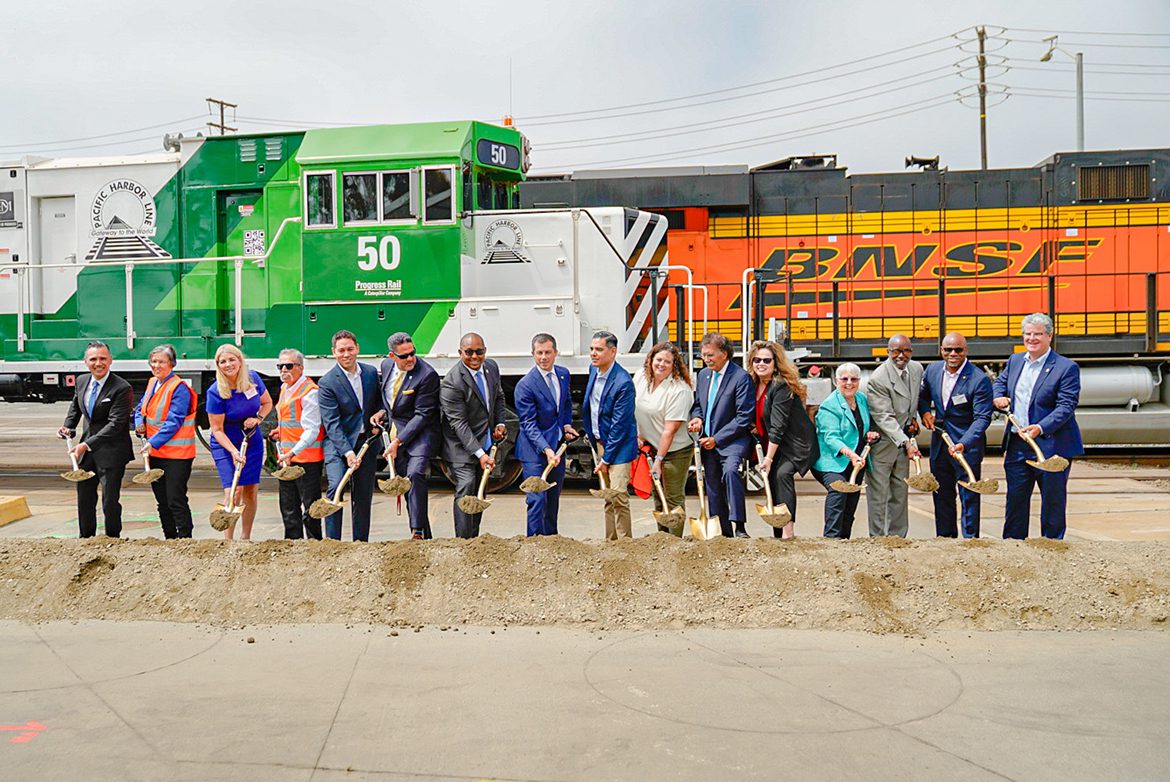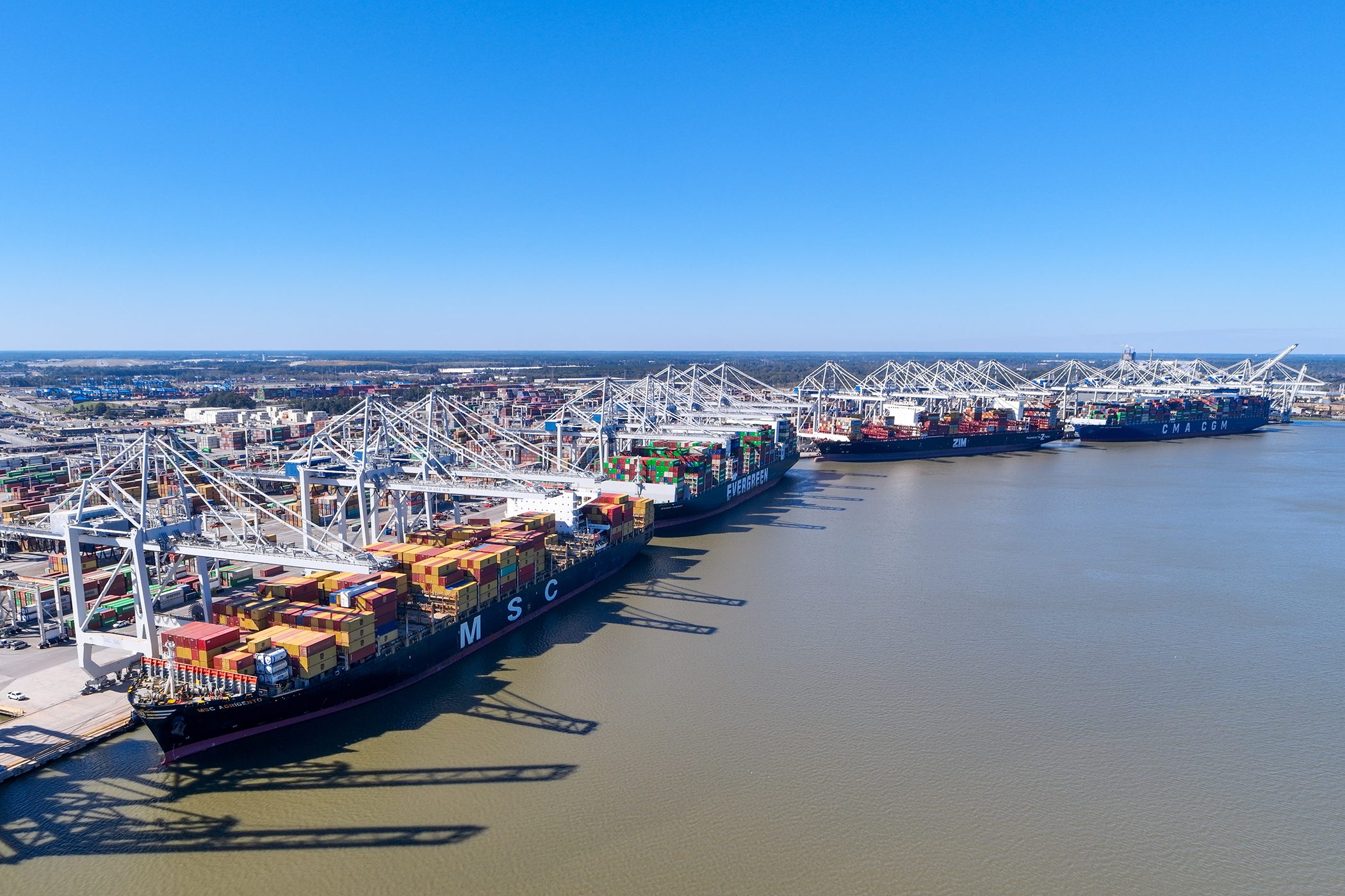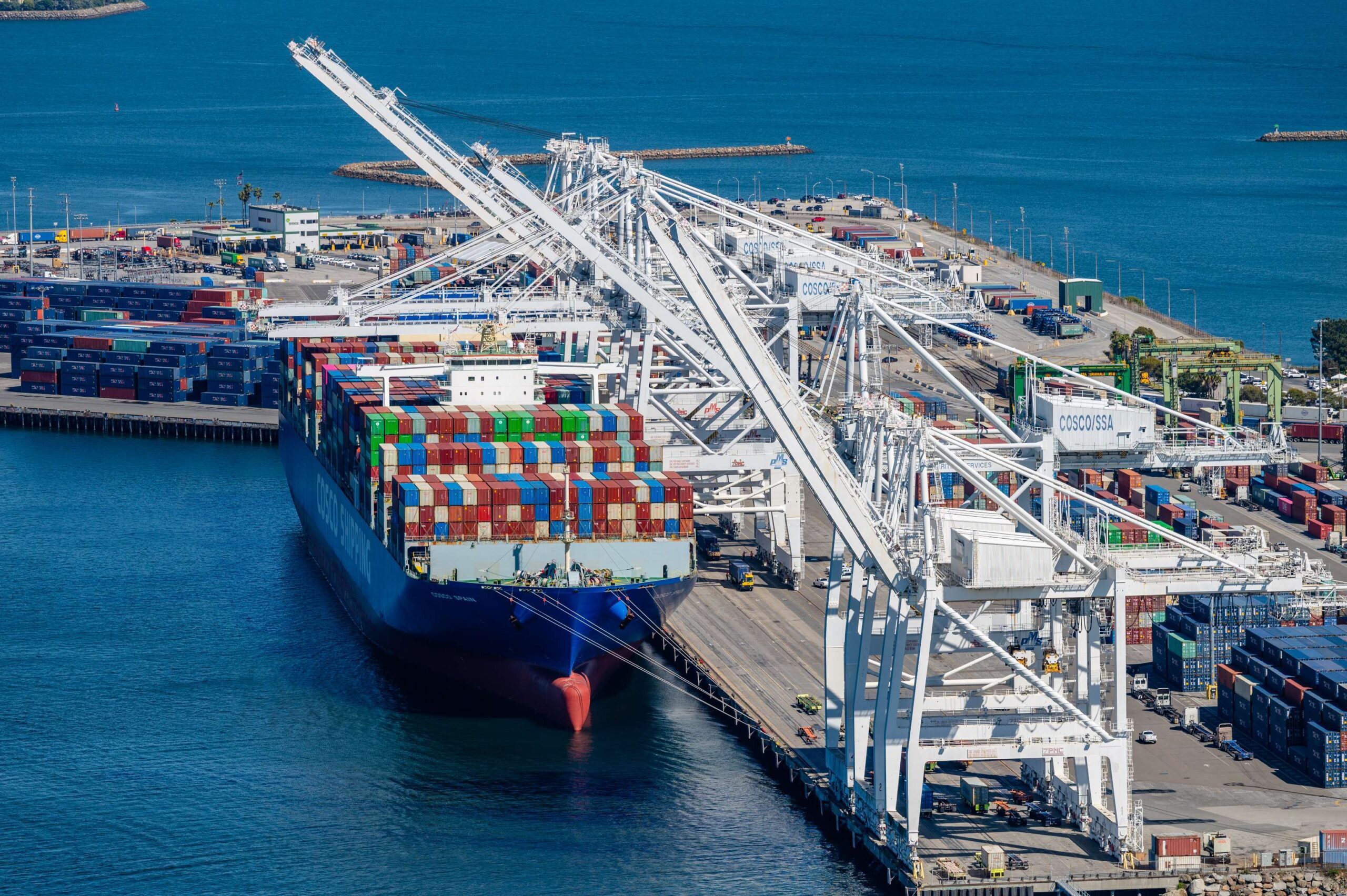After more than a year of negotiations, a heated exchange has erupted between the Pacific Maritime Association and the International Longshore and Warehouse Union (ILWU), a sign that stalled negotiations for a new collective bargaining agreement for labor at U.S. West Coast ports have broken down.
On Monday, the PMA, representing terminal operators, accused the ILWU of withholding labor at West Coast ports, specifically the ports of Los Angeles and Long Beach. They claimed that similar work actions had already effectively shut down cargo operations at the Port of Seattle container terminals, a claim denied by the ILWU.
The PMA’s statement on Monday said ILWU began withholding lashers at the ports Los Angeles and Long Beach on Sunday resulting in ships missing their scheduled departures. The statement comes after the PMA on Saturday accused the ILWU of coordinated and disruptive work actions that shut down cargo operations at the Port of Seattle.
“On the second and third shift [Friday], work slowdowns directed by ILWU officials brought ground operations at marine terminals to a halt, resulting in longshore workers being sent home. On the first shift [Saturday], the ILWU refused to dispatch any longshore workers to container terminals. As a result, the Port of Seattle is currently shut down, leaving American exports sitting idle at the docks,” the PMA said in a statement issued Saturday.
However, the ILWU denied these claims, accusing the PMA “using the media to leverage one-sided information in attempt to influence the process.”
“Despite what you are hearing from PMA, West Coast ports are open as we continue to work under our expired collective bargaining agreement,” said International President Willie Adams.
The accusations continued on Monday with the PMA denying the ILWU’s claims that ports are operating normally.
“For months, the ILWU has staged disruptive work actions targeting the West Coast’s largest ports. These actions have either slowed operations or shut them down altogether, impeding the supply chain and leaving ships and the American exports they carry sitting idle at the docks,” the PMA said on Monday.
The new collective bargaining agreement being negotiated covers over 22,000 longshore workers at 29 West Coast ports in the United States. Negotiations began on May 10, 2022, after the previous agreement expired on July 1, 2022. After initial progress on healthcare and other benefits, progress in the negotiations slowed towards the end of last year. Tensions escalated in March when ILWU members at the ports of Los Angeles and Long Beach halted staggered lunch breaks. Additional disruptions came in April when ILWU Local 13 in Southern California withheld workers in protest of the lack of progress in negotiations, resulting in the shutdown of the ports of Los Angeles and Long Beach. The situation reached a critical point earlier this month when multiple West Coast ports experienced complete shutdowns due to worker no-shows.
As the war of words continues, there is increasing pressure for the Biden Administration to mediate in the dispute as shipping heads into peak season. So far, however, the White House has resisted calls to intervene even as a deal remains elusive.
“So when it comes to the [West Coast] ports, I can say that the President respects the collective bargaining process,” said Press Secretary Karine Jean-Pierre in a media briefing last Thursday. “And [Acting Labor Secretary Julie Su] and others in the administration are regularly engaging with the parties, encouraging them to stay at the negotiating table and finish their work.”
The U.S. Chamber of Commerce last week noted potentially significant long-term consequences of disruptions as shippers increasingly divert cargoes to East and Gulf coast ports amid low confidence in the West Coast ports. As the labor situation continues without resolution, there’s growing concern that these diversions, which began last year as a precaution against labor disruptions, could become a more permanent trend.
Unlock Exclusive Insights Today!
Join the gCaptain Club for curated content, insider opinions, and vibrant community discussions.

 Join The Club
Join The Club













